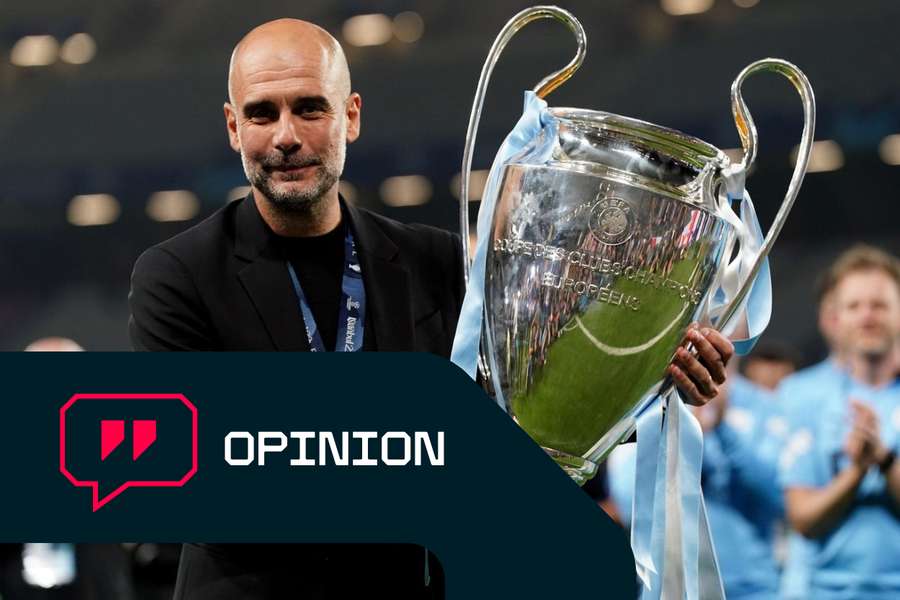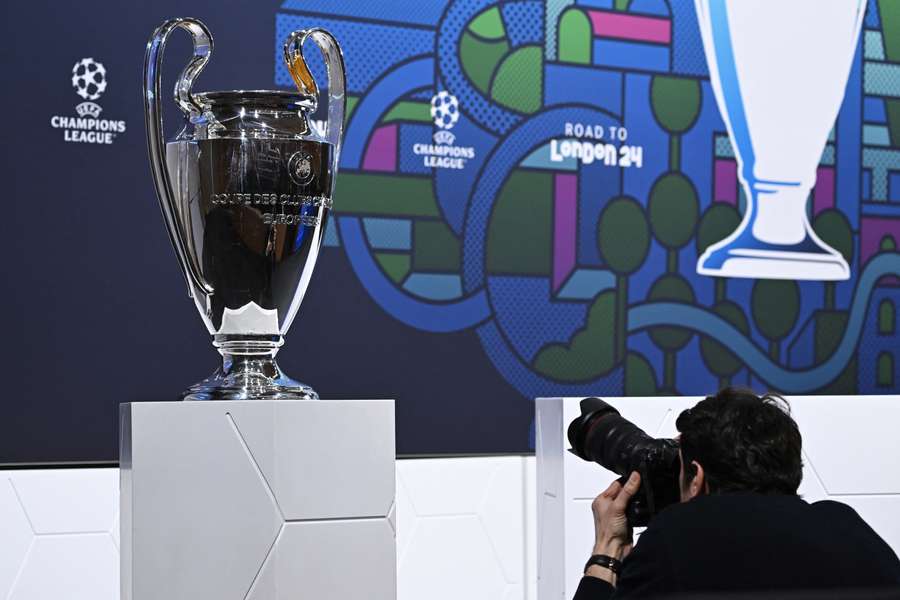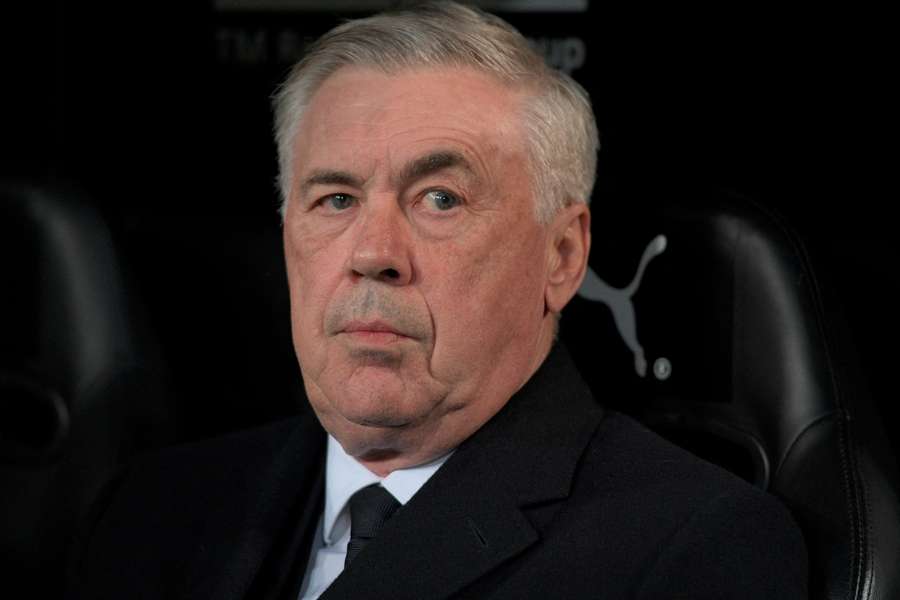OPINION: UEFA has rolled the dice against its Super League foes with new UCL format

On paper - or more likely a smartphone screen - the idea looks pretty good, and if you're a fan of the Football Manager franchise you may feel like you've seen this one before.
It's a big leap for UEFA, keen to kill off the Super League for good with an idea that is effectively the Super League-lite with its own official branding and money-spinning endorsements.
Most clubs will likely be happy, and by clubs that means the big bosses of European football who tried to mobilise and break away from UEFA just a few years ago.
Real Madrid, Barcelona and Juventus - the apparent big ringleaders away from the naughty Premier League gang - will be happy at the prospect of an extra two guaranteed games before the play-off stages, with the added bonus of two of those league format games taking place against equally seeded, high-profile, showcase-selling clubs.
They still have to qualify though and earn spots based on sporting merit, which may irk them a little bit judging by their own plans.

Even more games
Whether the English clubs will be so happy is another matter.
Yes, gate receipts, particularly from trumped-up prices for Champions League games that can be stuck in a Band A range for blockbuster fixtures will help them boost their coffers even further.
But for the likes of Manchester City, Liverpool and Arsenal, who aim for and tend to go deep into the FA Cup and League Cup, more games is probably not high on their wish list.
Jurgen Klopp is probably going to be a relieved man not having to worry about his players' poor hammies when he departs in the summer, given his regular willingness to complain about the sheer amount of games his competitive and expensive squad has to play (imagine holding a press conference in your amazing job and complaining about how much you have to do your amazing job while getting paid an extortionate amount of money to do your amazing job, by the way).
The key point for the clubs still keen on the ESL idea was to generate revenue, and not just in small, slightly more reliable increments.

Clubs like Inter, AC Milan, and Atletico Madrid are now being trounced in the transfer market by the likes of Bournemouth, Brighton and Crystal Palace.
Europe's traditional powerhouses need to be guaranteed big money from live gates and television revenue against other top sides to generate enough additional cash flow in order to compete financially with the actual Super League that very much already exists: the Premier League.
Giving them two extra games in Europe - should they be in the competition - will help, as will the expected increase in viewership from the change.
But let's not forget, English clubs will benefit too, so it may not be enough to stamp out the ESL's plans for an all-you-can-eat buffet of watching the same eight teams play each other every season for no reason other than they're big clubs.
New format worth a punt?
Away from the exhaustingly prevalent topic of money that now seems to make up the bulk of discussions around elite-level football, the competition aspect of the new changes - which will also affect the Europa League and Conference League - actually sounds quite interesting.
Rather than a group stage, all teams will be seeded amongst four pots (in the Conference there will be six pots) and entered into a 36-tier league, with each side playing eight games (four home and four away) against two teams from each pot, meaning there will be movement up and down the table.
After the final games, the top eight teams from the league will progress to the last 16 of each of the competitions, while the teams ranked from ninth to 16th will face the teams that finished 17th to 24th in a knockout play-off.
The eight clubs that win their knockout play-offs will progress to the round of 16, where they will face the top-eight finishers.
The teams that finish outside the top 24 will be eliminated from all European competition, so there'll be no third-place safety net of dropping into the Europa League, for example. You gone.
Death to dead rubbers
The long story short means spectators will be able to avoid the mismatch potential of current group stages, where some of the strongest teams in each European competition often find themselves playing two or four games where the outcome is almost inevitable and often even meaningless.
It'll also help to avoid the very common scenario of dead rubbers come gameweeks five and six, where a team like Manchester City or Real Madrid has already long-qualified and simply turns up to jog through a 2-0 win against Celtic or Rangers. Or Manchester United.
So the new format lets us bank on matches that will (ideally) all actually matter before we enter into a traditional knockout round that absolutely doesn't need changing, but no doubt UEFA will find a way down the line.
The changes come into effect from next season so we'll see whether any difference is made from as early as September.
And if Real Madrid fails to qualify from the new league stage then we can all expect the changes to be reversed by the start of the 2025/26 season, no doubt.

